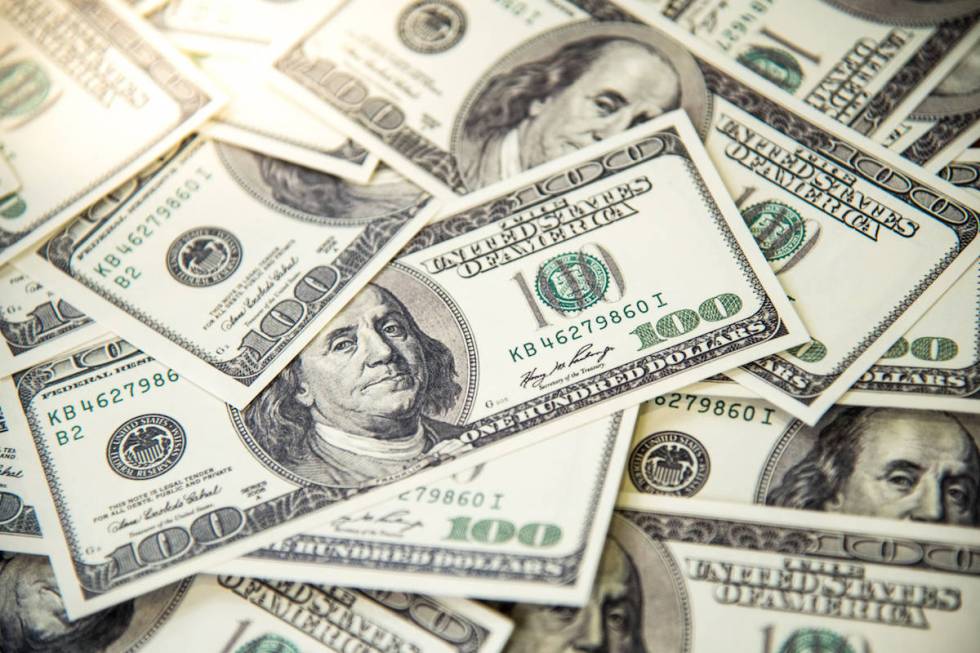$600 vs. $2,000 stimulus checks. What the difference means to you.

The $600 payments from the stimulus package signed into law on Sunday will be arriving soon. Proposals for an additional $1,400 have stalled in the U.S. Senate and are unlikely to pass soon. No surprise, the smaller stimulus will not go as far. Here are some numbers on the shortfall.
Rent
For the end of the second quarter of 2020, Rent.com reports that the average one-bedroom apartment in the United States goes for $1,621 per month. A $600 stimulus covers less than half of that. A $2,000 stimulus pays for rent with a little left over. Even in Chicago, evictions can take place over the winter (as long as the temperature is above 15 degrees Fahrenheit), so the bigger stimulus would give more people peace of mind.
Groceries
For November 2020, the U.S. Department of Agriculture estimated that the monthly cost of groceries for a family of four using its thrifty food plan is $668.50. A $600 stimulus would not cover that. A $2,000 stimulus would be good for three months of food.
Health Insurance
The U.S. Government Center for Medicare and Medicaid Services reports that for 2021, the average monthly premium for a benchmark health insurance plan for a 27-year-old is $379. For a family of four, the premium is $1,484.
Supporting Small Businesses
One reason for broad distribution of checks is to encourage spending to stimulate the economy. A bookworm like me might head straight to a local independent bookstore. If we assume that an average book costs $15.95, then a $600 stimulus will buy 35 books and a $2,000 check will buy 125. If you’d rather spend the money on pizza, then assuming a price of $25 including delivery and tip, the $600 will cover 24 pizzas while the $2,000 check will pay for 80.
Interest on Savings
Because the stimulus is not based on need, some recipients will choose to save it rather than spend it. Those individuals will lose any interest they might have earned on the extra $1,4000.
More from GoBankingRates.com:
–19 Effective Ways To Tackle Your Budget
–Are You Spending More Than the Average American on 25 Everyday Items?